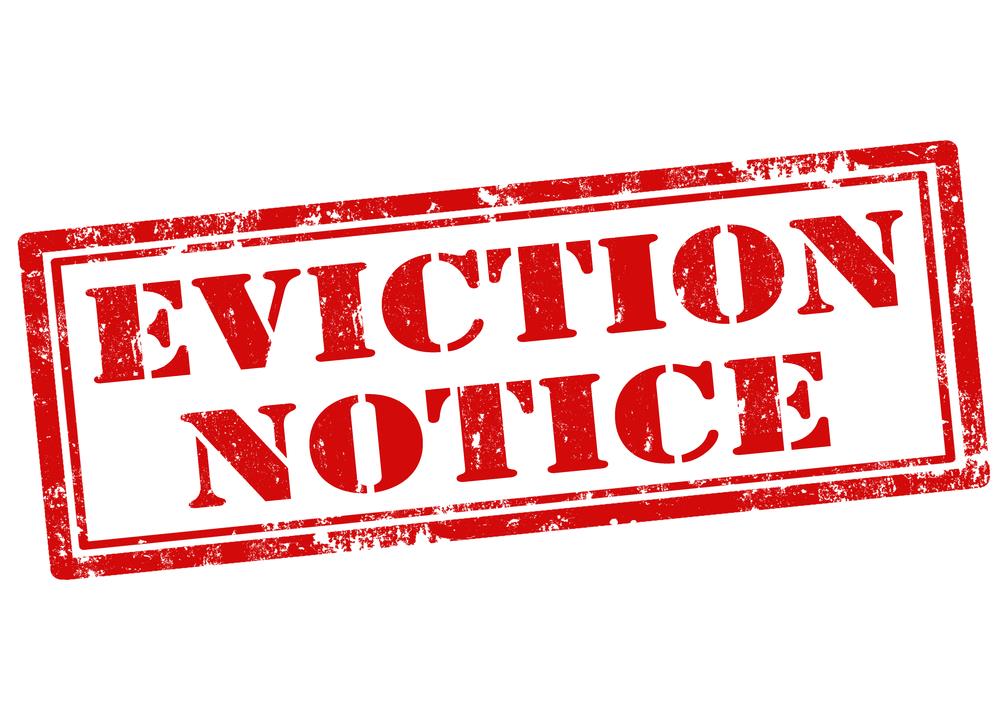10 of 13 (77%) interviewees experienced homelessness immediately following the eviction
Evictions are a complex issue. In our recent analysis of summary ejectment court proceedings, we found that 99% of cases involve non-payment of rent (based on landlord filing). While other municipalities have begun to consider “right to counsel” ordinances in eviction cases (see righttocounselnyc.org), tenants in Greensboro seldom appear in court (1 out of 4 cases) and lack legal representation when they do appear.
We are currently conducting interviews with individuals who were evicted. Here’s some of what we are hearing:
- Evictions being used as a collections tool – “Every Time I’m late, which is almost every month, they file the eviction papers and I get charged the late fee and the court fee. That’s an extra $200 a month. Ever since my husband had lost his main job, and I been waiting on disability; we get filed on every month.”
- Evictions being used to move out old tenants and make way for higher rent – “About 3 years ago my landlord at the time, after 18 years, sold the property I’m renting. They went up on the rent and I’ve just had a hard time paying it with all the other bills.”
- Poor property maintenance leading to inability to pay full rent ”we asked the landlord to start making repairs to the bathroom. She refused to repair. Because we were doing some repairs here and there ourselves, and because the bills were sky high because of the lack of energy efficiency of the structure, we started making partial payments. She evicted us because we wouldn’t pay the full rent when she refused to make the property livable.”
The key finding we have made so far is that 10 of 13 (77%) interviewees experienced homelessness immediately following the eviction!
- “I was homeless for a week, lived in my SUV. After that, my mother didn’t want me living like that so I moved to Virginia with family for about a year. It caused problems and separated me from my fiancée for a long time.”
- “I lived in a tent in the woods with my dogs for about two months before a woman gave me some money to get a hotel for awhile. When the money ran out I was back and forth in between the woods and living in a hotel whenever I had the money.”
With over 16,000 eviction filings last year in Guilford County, we can see this is impact the entire community – there is a cost (personal, social, and economic) to landlords, schools, health care systems, law enforcement, employers, relief agencies, neighborhoods, and families. There is real need in our community to look further into solutions rather than to displace families.
Read more of our preliminary report at http://tinyurl.com/EvictionsGSO
